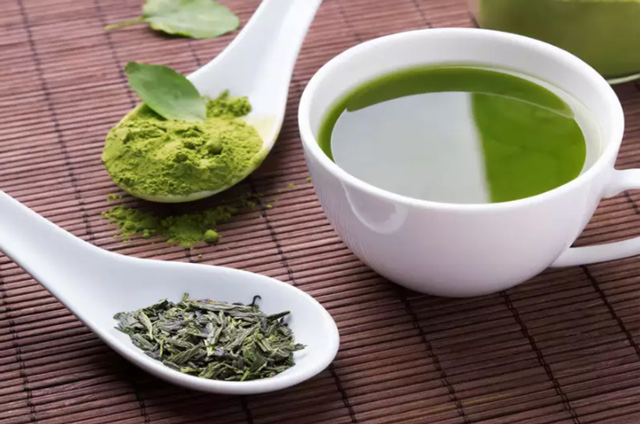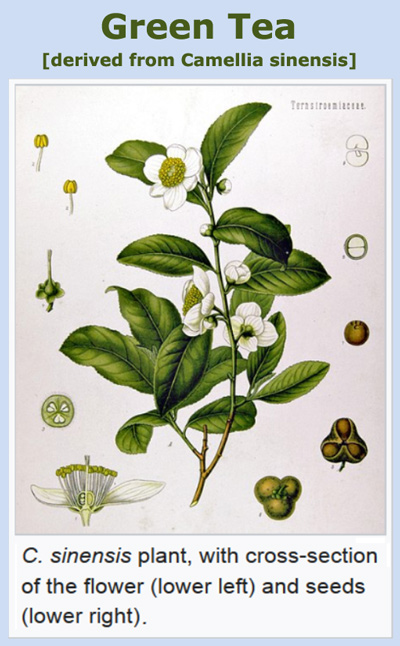Green tea has been studied extensively for a myriad of health benefits. One of those benefits is cholesterol regulation.
Unfortunately not all of the studies have come to the same conclusion.
Recognizing this situation, in early 2020 a Chinese university set out to examine the overall evidence via a meta-analysis.
Researchers at Huazhong University of Science and Technology in Wuhan reviewed a total of 31 clinical trials which had earlier investigated outcomes of green tea consumption on blood lipids.
Overwhelming evidence
The conclusion? Consumption of green tea—whether by drinking or by supplementing—is indeed beneficial in lowering total cholesterol.
“Collectively, consumption of green tea lowers LDL cholesterol and total cholesterol, but not HDL cholesterol or triglycerides,” the researchers wrote.
“Tea polyphenols, specifically catechins (flavonoids), are crucial in promoting health. Epigallocatechin gallate is most abundant (50-60% of total catechins), and has anti-inflammatory, antioxidant, anticarcinogenic, and anti-obesity properties.”
The researchers also noted the cholesterol benefit of green tea was consistent across populations which fell in all weight categories—normal, overweight and obese.
Subjects that were included in the trial were adults who had consumed green tea for at least two weeks, and were enrolled in a trial with randomized, controlled design which reported effects on measurements of one of the four blood lipid types.
When including supplements with green tea extracts the researchers were careful not to include trials that involved other active ingredients besides the green tea.
Additionally, control groups had to be concurrent in the trials, and each trial enrolled at least ten participants.
The duration of the various studies included in the review ranged from three weeks to one year. The green tea catechin intake ranged from 80-2488 mg daily.
The longer used, the greater the benefit
When averaging all trials involved, there was a 2.3% decrease in the total cholesterol concentration while consuming green tea.
Additionally, green tea supplementation significantly reduced the LDL cholesterol by 4.55 mg/dL across all trials, compared to the placebo effects.
The researchers also found that the length of the trial durations had a greater impact on blood lipid reductions, indicating that sustained consumption resulted in a greater benefit.
The details of the meta-analysis were published in Biomed Central’s September 2020 edition of Nutrition Journal.
Green tea, which is derived from the plant Camellia sinensis, is a popular beverage worldwide. It is consumed universally in China, where the study was performed.
According to the authors of the study, green tea can “delay the onset or progression of numerous diseases such as cardiovascular disorders, metabolic diseases, and hypertension.”
Due to its widely-varying health benefits, green tea is included in several Optimal Health Systems product blends:
• Optimal Defense
• Opti-Brain
• Opti-Immune VRL
• Natural Vitality
– – –
Sources: Nutrition Journal/Biomed Central, Nutraceuticals World, Wikipedia.



